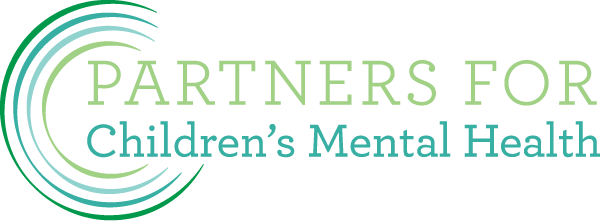More than 60% of youth who die by suicide have seen their primary care provider within a year of their death.
In Colorado, where suicide is the leading cause of death among youth ages 10-24, this indicates a significant opportunity to better equip providers with the knowledge and resources to identify and treat warning signs and, ultimately, help prevent youth suicides.
This will be a core focus of PCMH’s work over the next few years, as we coordinate with national, state, and local thought leaders to create a suicide prevention strategy that includes the evidence-based Zero Suicide model and a pediatric care pathway. The pathway will focus on suicide screening and assessment in pediatric settings, safety planning, brief intervention (when appropriate), and connection to community resources and support, including ongoing treatment.
Last week, as part of these efforts, PCMH partered with the Zero Suicide Institute to host a first-of-its-kind Zero Suicide Academy focused on youth suicide prevention in primary care. More than 60 participants from primary care and behavioral health teams joined us for an interactive training on how to improve care and safety for youth at risk for suicide.
In addition to educational sessions on the Zero Suicide framework, the two-day training provided opportunities for strategic consultation and Q&As with Zero Suicide experts in an effort to help teams better manage the needs of youth and families in their own community. Throughout the experience, participants were able to build cross-team support networks and make connections that could improve continuity of care.
Teams also had the opportunity to hear from mental health advocate Kari Eckert, who founded Robbie’s Hope after her son died by suicide when he was just 15. She noted the urgency of making suicide prevention a core component of health care services: “Our kids are carrying the weight of the world on their shoulders, and there aren’t enough resources available to them – there aren’t enough therapists, there aren’t enough social workers, there aren’t enough programs in our schools. Kids don’t know what to do when they’re in crisis. That’s a big problem.”
Teams left the training armed with 90-day action plans on how to start implementing the Zero Suicide framework and tools into their work and a commitment to taking a more coordinated and integrated approach to preventing youth suicides.
We’re looking forward to hosting more of these trainings as part of our efforts to improve access to mental health services for Colorado youth and families. Over the next year, we’ll also be piloting the PCMH pediatric care pathway for suicide prevention in practices throughout the state.
If you’d like more information on the care pathway or this initiative, please get in touch.


